Kumbhalgarh Travel Guide
Exploring the Majestic Fort of Kumbhalgarh: A Travel Guide
Kumbhalgarh, located in the Indian state of Rajasthan, is a hidden gem that is often overlooked by tourists in favor of more popular destinations such as Jaipur and Udaipur. However, this small town is home to one of the most impressive forts in India, and is well worth a visit for anyone interested in history and architecture.
The Kumbhalgarh Fort, also known as the ""Great Wall of India,"" is the primary attraction in the town. The fort, which was built in the 15th century, sits atop a hill and offers stunning views of the surrounding countryside. It is the second-largest fort in Rajasthan, and is an impressive feat of engineering, with walls that are over 36 kilometers long.
Inside the fort, you can explore a number of temples, palaces, and other historic buildings. The fort also contains a number of beautiful gardens and reservoirs, which were used to collect and store water during times of drought. Visitors can also see the palace of Maharana Pratap, the famous Rajput warrior and ruler of Mewar, who was born in the fort.
In addition to its historical attractions, Kumbhalgarh is also a great destination for nature lovers. The town is surrounded by beautiful forests and wildlife sanctuaries, which are home to a wide variety of flora and fauna. You can take a safari tour and have the chance to spot animals such as leopards, sloth bears, and various species of deer and birds.
So why wait? Start planning your trip to Kumbhalgarh and discover the hidden gem of Rajasthan today!
Speak to someone
who's been there

+91-9873003099
MAKE AN ENQUIRYBest Places To Visit In Kumbhalgarh
From historical cities to natural wonders, come see the best of Kumbhalgarh.
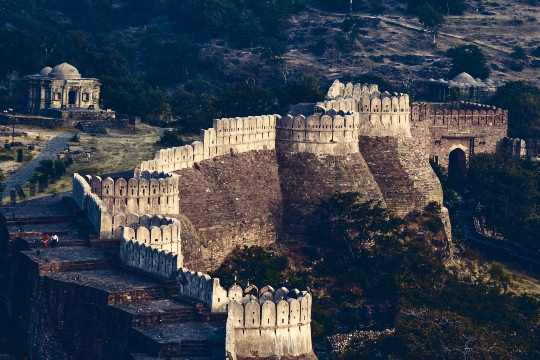
Kumbhalgarh Fort
Kumbhalgarh also known as the Great Wall of India is a Mewar fortress on the westerly range of Aravalli Hills, in the Rajsamand district near Udaipur of Rajasthan state in western India. It is the second-longest wall in the world after the Great Wall of China. A fortress cradled in the Aravalli range, Kumbhalgarh Fort is also the birthplace of Mewar's legendary King Maharana Pratap. In 2013, the fort was declared a UNESCO World Heritage Site at the 37th session of the World Heritage Committee. The fort of Kumbhalgarh, in its current shape and form, was a creation of Mewar's ruler Kumbha in the 15th century. According to historians, the first defensive structure here was built as far back as the 6th century.
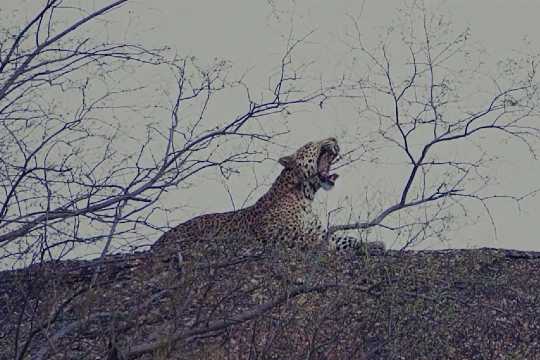
Kumbhalgarh Wildlife Sanctuary
Located in the lap of the Aravalli range, the sprawling Kumbhalgarh Wildlife Sanctuary is one of the exciting places to visit in Kumbhalgarh. Kumbhalgarh wildlife sanctuary is famous for its 40 strong wolf pack, which is rarely found elsewhere. Apart from the wolf it also houses the various variety of endangered and rare animal species and almost 200 different species of birds.
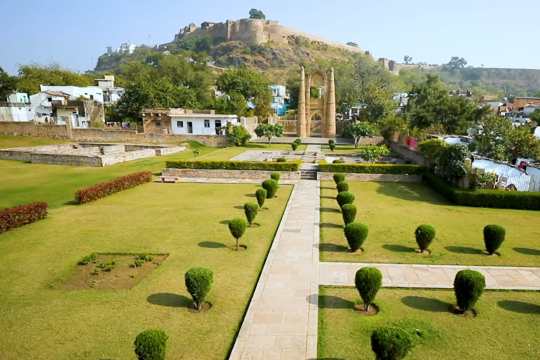
Badal Mahal
Situated at the highest point of Kumbhalgarh Fort is the Badal Mahal, which was built by Rana Fateh Singh, the ruler of Mewar, in the 19th century. Badal Mahal is a two-story palace. The whole building of the palace is parted into two interconnected mahals called the Mardana Mahal and the Zanana Mahal.
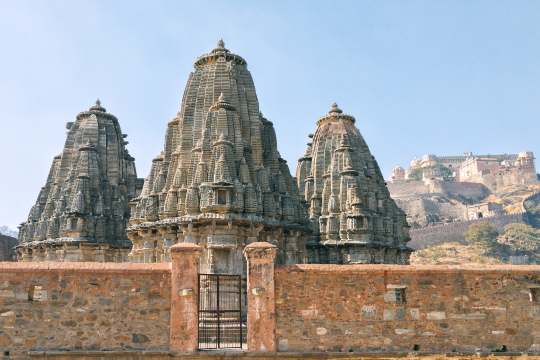
Mammadev Temple
Built-in the year 1460, the Temple of Mammadev is known for its beautiful interiors, intricate sculptures, and architecture. It is one of the remarkable places to visit in Kumbhalgarh because of the cenotaphs erected in memory of Prithviraj Chauhan, and the Kumbhalgarh’s Raja Kumbha
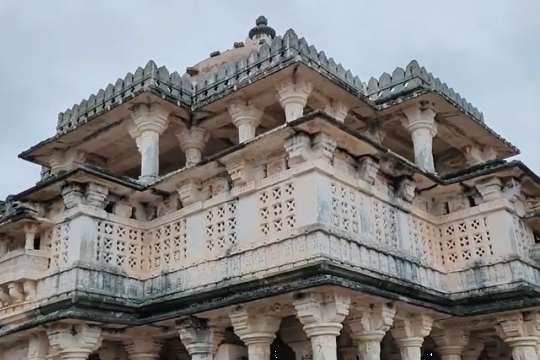
Vedi Temple
Situated within Kumbhalgarh Fort’s premises in Hanuman Pol, the Vedi Temple is one of the most revered places to visit in Kumbhalgarh. It is dedicated to Goddess Vedi and has a unique octagonal shape.
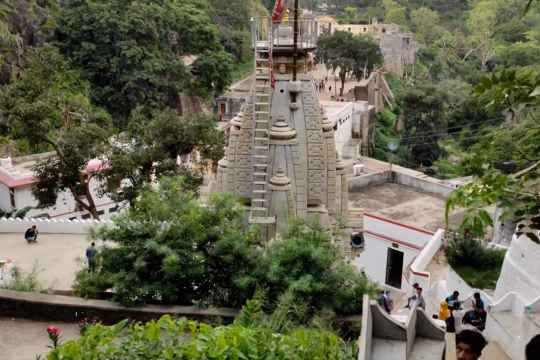
Parshuram Temple
The resplendent Parshuram Temple is a cave temple located in picturesque Aravalli hills and this is a site that you cannot miss when you go to Kumbhalgarh sightseeing. Legend has it that Parshuram himself built using his ax to cut the rock.
Best Travel Packages For Kumbhalgarh
Find the best deals on Kumbhalgarh Tour Packages for solo, family & group travelers.
Looking for a custom trip plan?
It only take 2 minutes to plan your own holiday itinerary.

